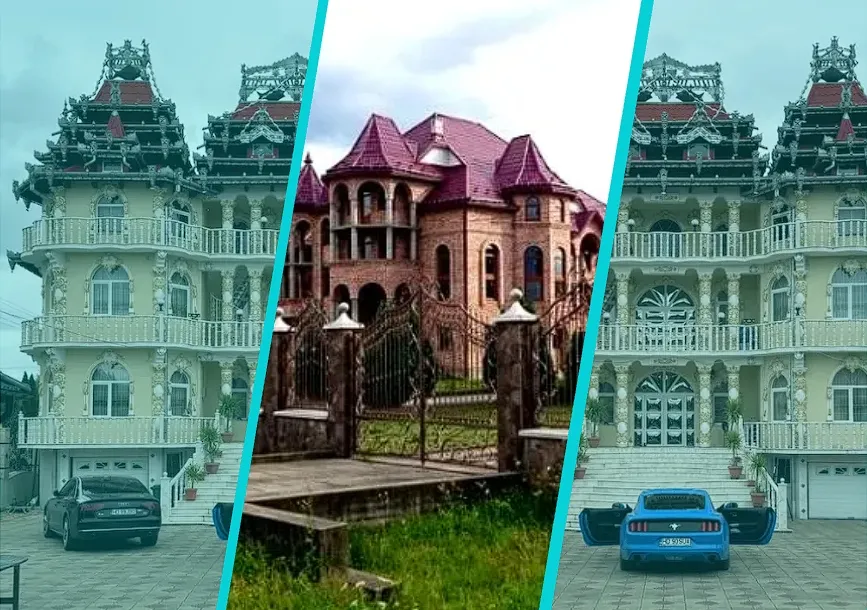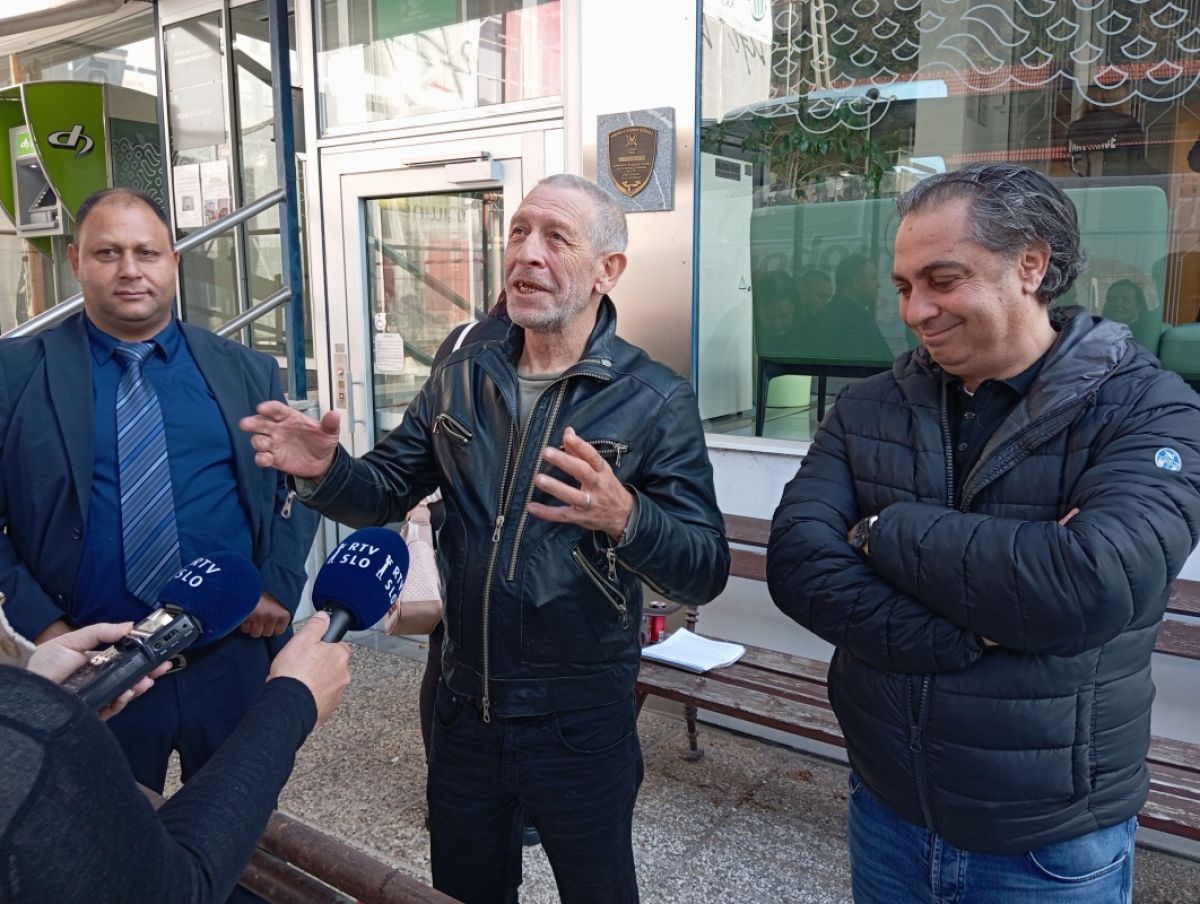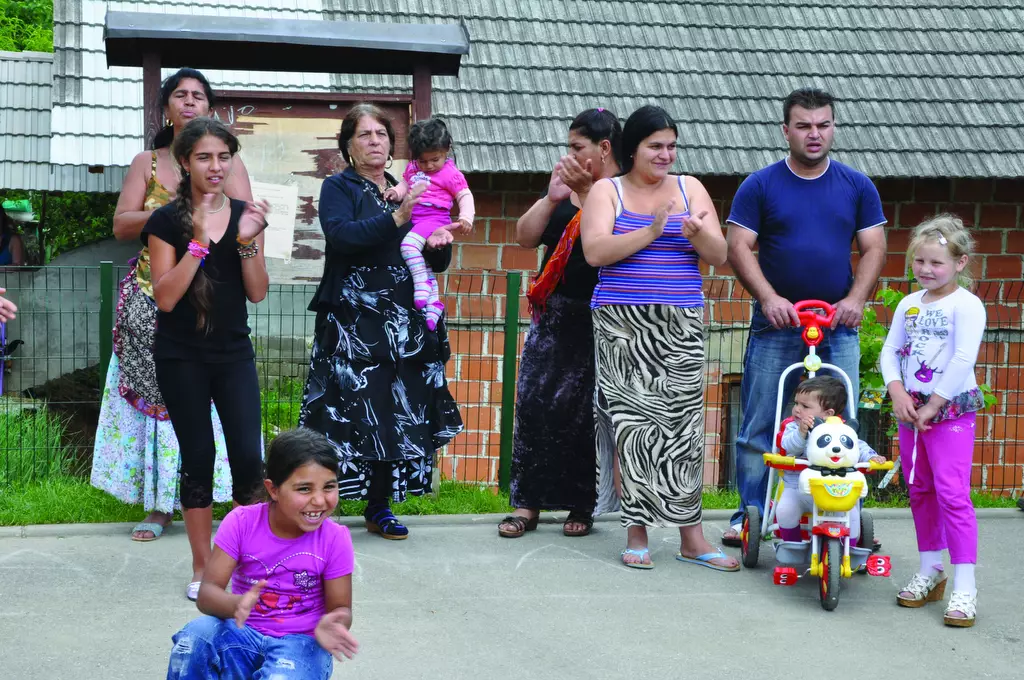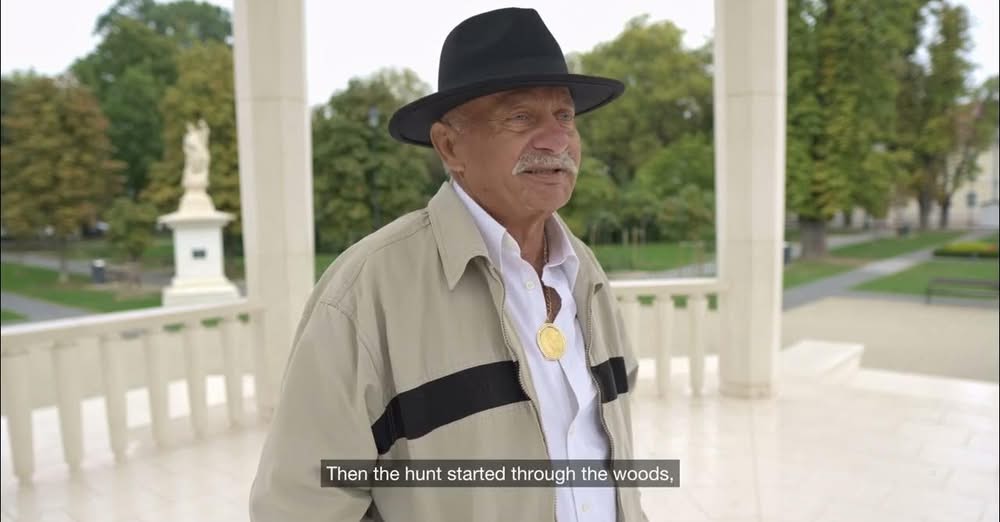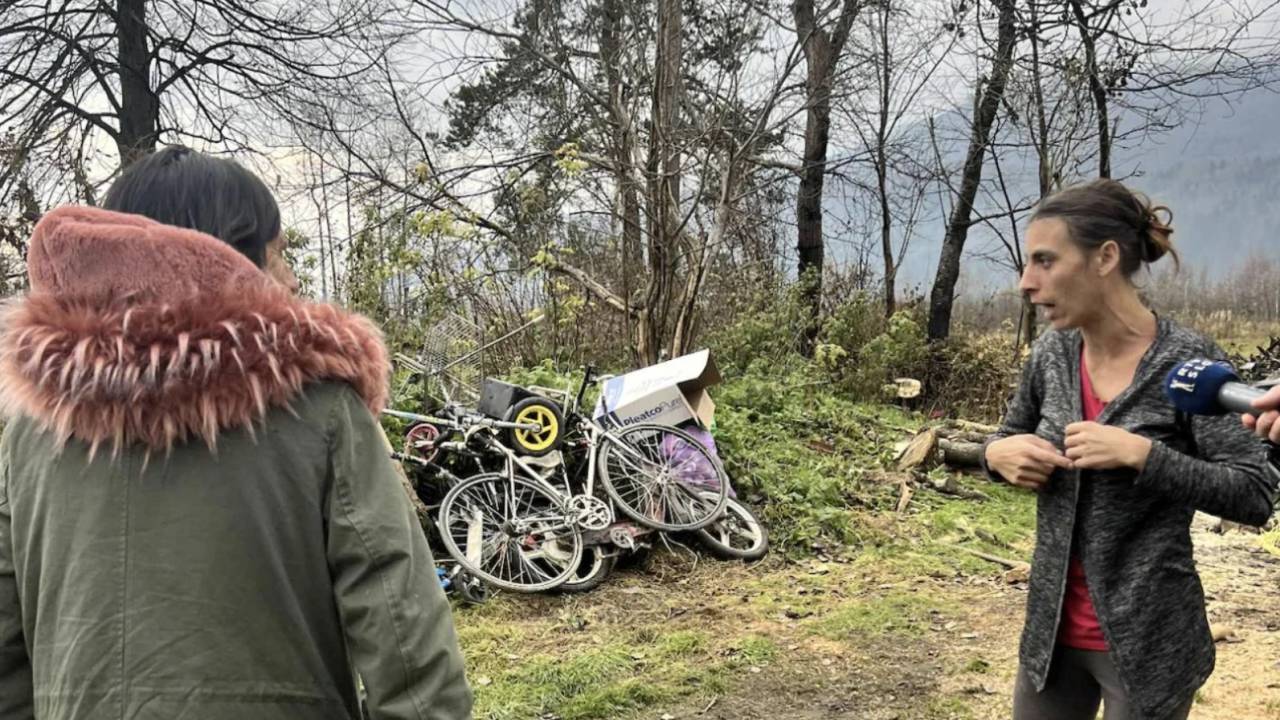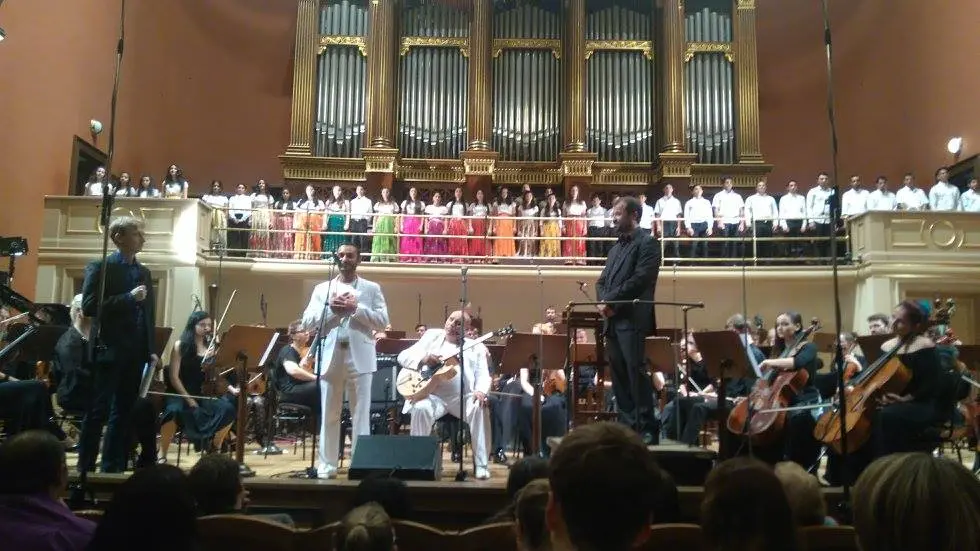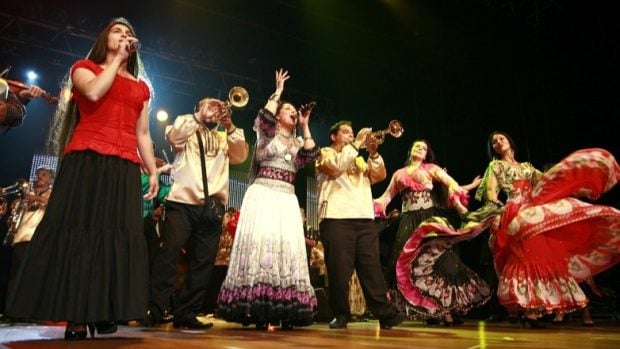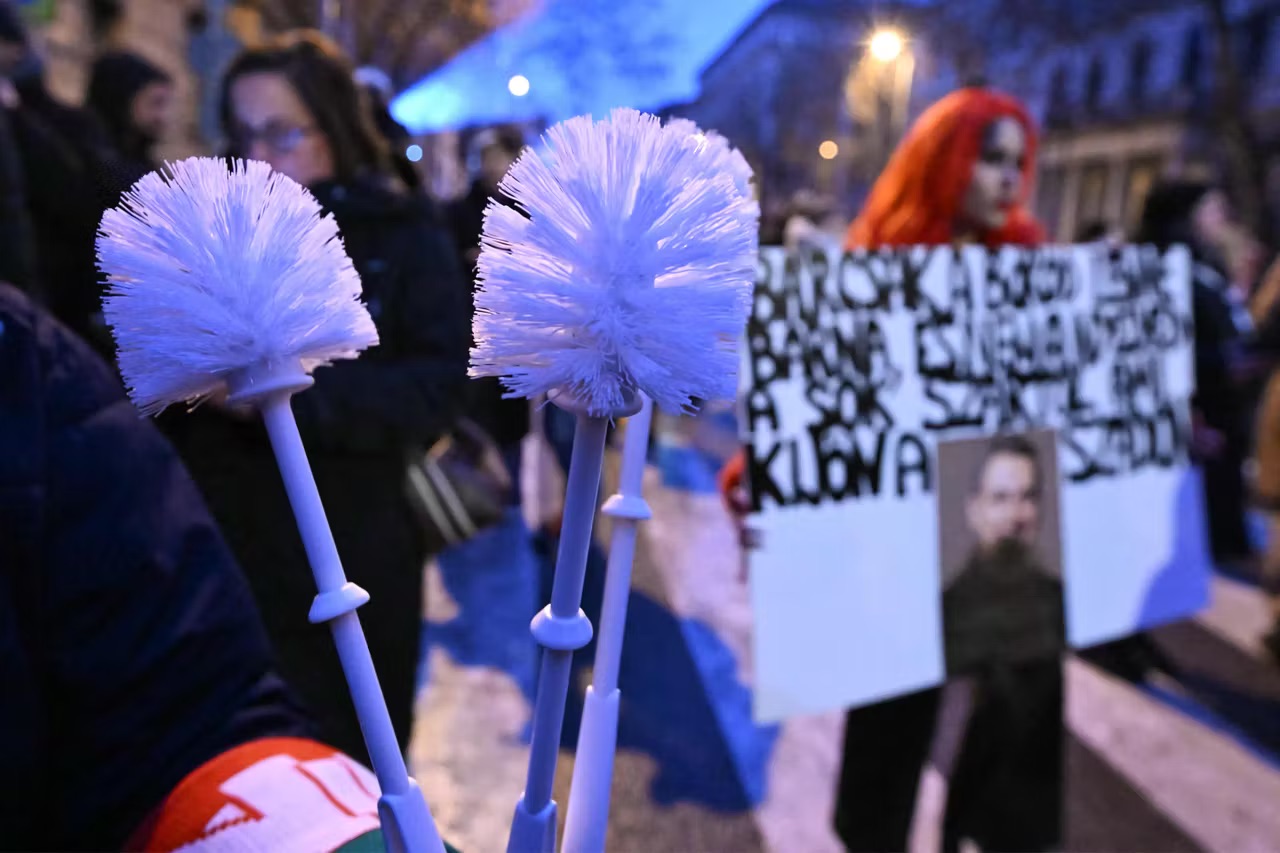Several Roma organisations reacted to the artcile about Roma in pland published by Newsweek. The full text sates:
Subject: Letter to the editor – regarding the article “How do Romani women live in Poland?” (Newsweek,
7.02.2026)
Dear Editors,
Dear Author,
We are referring to the article published on February 7, 2026, on the Newsweek.pl website, “How do Romani women live in Poland? I went to their village. Fifteen is a good age for having children,” by Elżbieta Turlej (https://www.newsweek.pl/polska/spoleczenstwo/jak-zyja-romskie-kobiety-w-polsce-pojechalam-to-sprawdzic-do-wsi-maszkowice/kf443xc ). We believe that this article fits into the well-known and frequently criticized way of talking about Roma people in the Polish media, which leads to the stigmatization of Roma communities in Poland. Despite its reportage style and declared sensitivity, the publication does not offer a new perspective or in-depth reflection, but reproduces established interpretive patterns. The title and lead alone are sensational and simplistic, reducing the experiences of Roma women to a catchy, stigmatizing, and stereotypical image.
The text then revolves around the gesture of entering the world of the Other, understood as a journey to the Roma settlement in Maszkowice, the observation and selection of stories, with the author remaining the primary interpretative authority. This method of constructing the narrative should be explicitly called a form of epistemic violence. Knowledge about Roma women is produced over their heads, without real control over how their experiences are framed, hierarchized, and evaluated.
Roma women appear as protagonists of the story, but not as subjects co-creating its meaning. Their voices are filtered, organized, and instrumentalized in such a way as to confirm a preconceived narrative of tradition, oppression, and imprisonment between worlds. Selective empathy, focused on the most dramatic and intimate fragments of biography, leads to the fetishization of suffering rather than a thorough analysis of the social, institutional, and political conditions of these experiences.
The logic of contrast is particularly problematic. On the one hand, the settlement and tradition are presented as spaces of oppression and cultural confinement, while on the other, individual women’s stories are constructed as exceptions or evidence of the possibility of change. This narrative reinforces the hierarchical division between the imprisoned and the more modern, shifting the responsibility for change to individuals rather than to the structural mechanisms of exclusion, discrimination, and unequal access to public services.
Although the text appears critical, its language remains paternalistic and devoid of self-reflection. It lacks consideration of the power relations inherent in the act of reporting itself and the social consequences of perpetuating such images of Roma people in public debate.
We want to emphasize that such narratives have an impact on institutional practice.
Simplified and sensationalized images of Roma communities often translate into administrative decisions and the design of public policies and support programs based on stereotypes, control, and cultural correction, rather than on equal rights and state responsibility.
